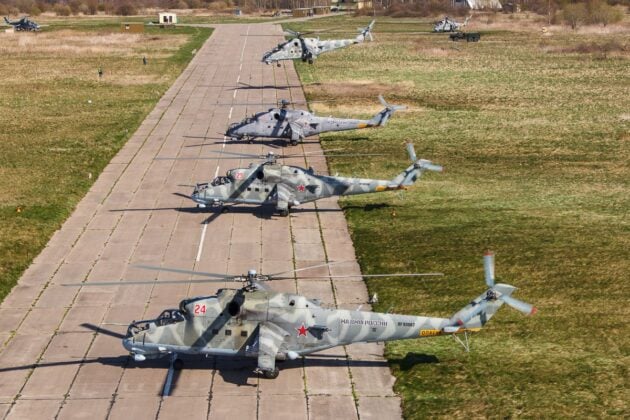
Polish Prime Minister Donald Tusk said that General Alexus Grynkewich, the newly appointed NATO commander in Europe, confirmed U.S. assessments that Russia could be ready for a confrontation with Europe as early as 2027.
“There is no reason to frighten each other, but we must be truly vigilant and focused,” Tusk said in a video message posted on X following a meeting with the American general.
Grynkewich, who assumed command of NATO’s Allied Command Europe (ACE) earlier this month, is a veteran U.S. Air Force fighter pilot and former commander of operations in the Middle East. According to Tusk, the general supported the findings of American intelligence that anticipate Russia could achieve operational readiness for a European conflict within the next two years.
The remarks came on the same day Poland’s Council of Ministers adopted a new National Security Strategy. Tusk also noted recent meetings with both the outgoing and incoming heads of the British intelligence service MI6.
“All of these meetings and decisions are dedicated to one thing: Poland must be ready. The Polish Armed Forces must be well equipped. The situation inside Poland must remain stable so we are prepared for any scenario,” Tusk said.
General Grynkewich has previously voiced concern that the U.S. and European Union may have as little as 18 months to prepare for a potential global conflict involving both China and Russia. He made the comments earlier this year at a defense conference in Wiesbaden, Germany, where NATO’s Security Assistance and Training Command for Ukraine is headquartered.
“If Xi Jinping decides to launch military action against Taiwan, it is likely he will coordinate it with Vladimir Putin, which creates the potential for a global conflict,” Grynkewich said, as quoted during the event.
Tusk highlighted that Grynkewich has ancestral ties to former Polish territories, calling him “in a way, one of our own.”
In a statement, Tusk reaffirmed his commitment to domestic security: “That is why I will make decisions that prioritize security, including internal security and political stability within our country. There is nothing more valuable than the safety of Polish families and the Polish state.”
Grynkewich’s appointment as Supreme Allied Commander Europe (SACEUR) comes amid increasing concerns within NATO about Russia’s long-term military ambitions. His remarks echo prior warnings from senior U.S. defense officials that Russia is investing heavily in rebuilding its conventional forces despite ongoing losses in Ukraine.
NATO’s eastern flank has seen increased deployments and exercises in recent months, with Poland viewed as a frontline state in the alliance’s defensive posture.
While officials stopped short of predicting an imminent conflict, the convergence of Russian and Chinese strategic objectives remains a central concern for Western planners.
The Polish government has pledged to continue ramping up defense spending and modernizing its armed forces, including major acquisitions of U.S. Abrams tanks, HIMARS rocket systems, and F-35 fighter jets.
The 2027 timeline, reinforced by Grynkewich’s remarks, is viewed by Warsaw as a critical planning benchmark as it strengthens its national security framework alongside NATO allies.